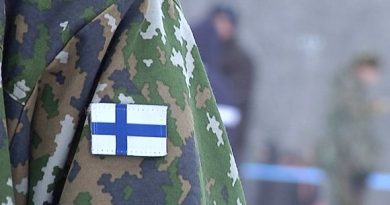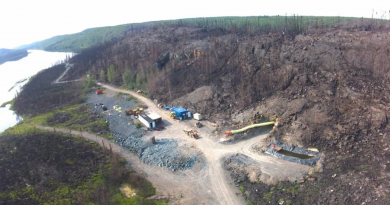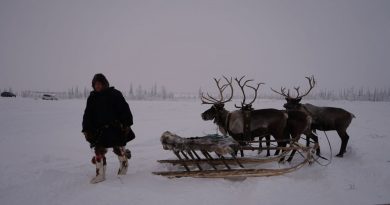Housing, Arctic defence top of mind for Nunavummiut in federal election
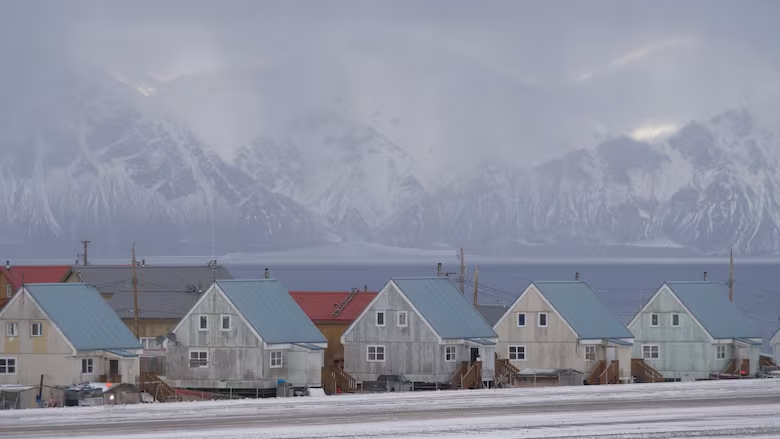
Recent federal announcement into defence make some residents feel safe, others fear conflict
Canadians will be going to the polls on April 28, after Prime Minister Mark Carney triggered a snap election in Ottawa Sunday, with two candidates so far vying to represent Nunavut in Ottawa: Brennan Wauters for the Greens, and Lori Idlout seeking re-election for the NDP.
Among the biggest issues for many Nunavummiut are housing, and Arctic security.
“Inuit in Nunavut don’t have decent housing,” Pangnirtung resident Jeanine Nakashuk said in Inuktitut. “This should be dealt with.”
Sandy Akavak echoed Nakashuk, saying there are many areas in Nunavut that need attention but agrees housing is a top concern.
On March 18, Carney made an announcement in Iqaluit to spend $65.2 million of new funding over seven years to build approximately 177 new homes and repair 401 existing homes. A further $73.8 million was also announced to support other housing projects across the territory.
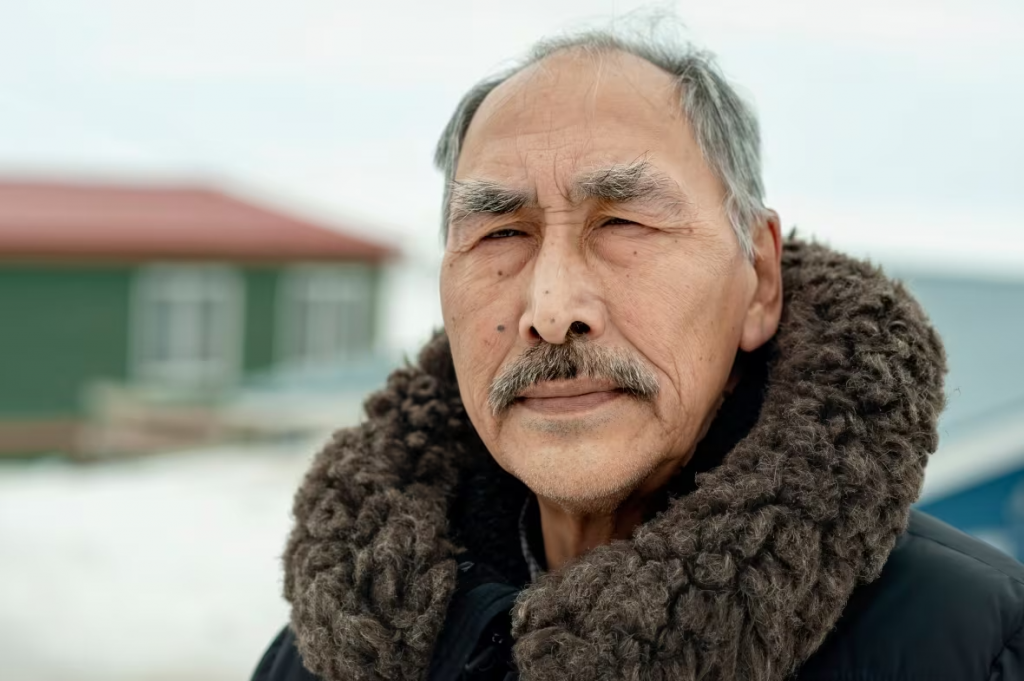
It was part of an announcement to invest in military infrastructure and implement a new radar system — a $6 billion investment. That’s in addition to the March 8 announcement to establish three Northern military hubs.
Nunavummiut shared mixed reaction to the announcement.
Tagorna Qavavauq from Arctic Bay was in favour of more attention to Arctic defence and said it helps her feel protected.
But others, like Christopher Piugaatuk of Igloolik, said he doesn’t want a larger military presence in Nunavut and worries about the possibility of conflict in the Arctic.
Last month, Conservative Leader Pierre Poilievre also outlined a series of promises intended to help defend the North, including doubling the size of the Canadian Ranger force, giving the navy new armed heavy icebreakers to patrol the region, and building a permanent military base in Iqaluit.
Former Nunavut premier Paul Quassa said he thinks voters will see past party lines and vote on the issues, like they do for consensus government. He also says Inuit “tend to vote for a person rather than a party.”
“I believe the consensus government does [factor] more in a way Inuit would think.”
Related stories from around the North:
Greenland: Greenland’s election winners push back against Trump’s wish to control island, The Associated Press

